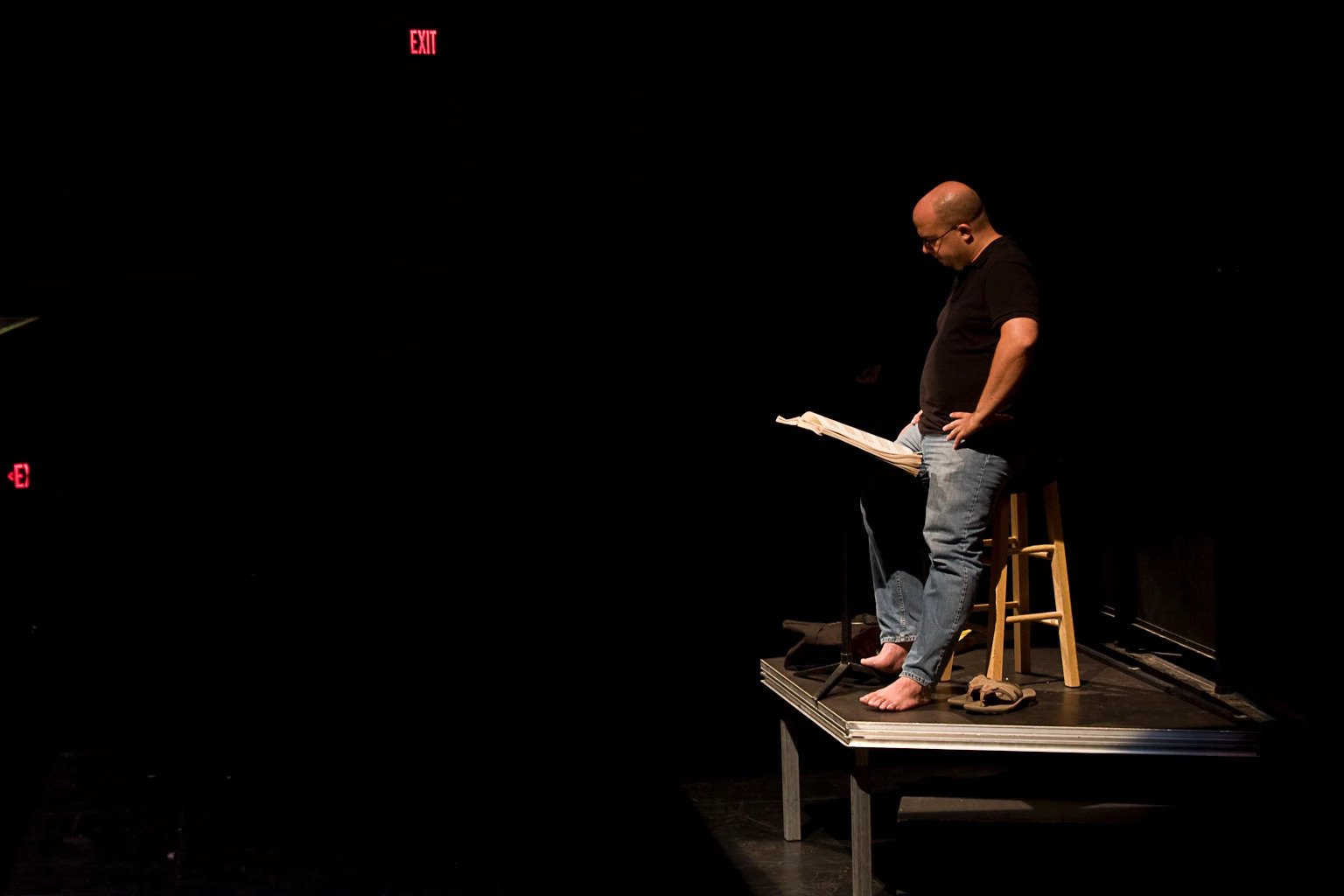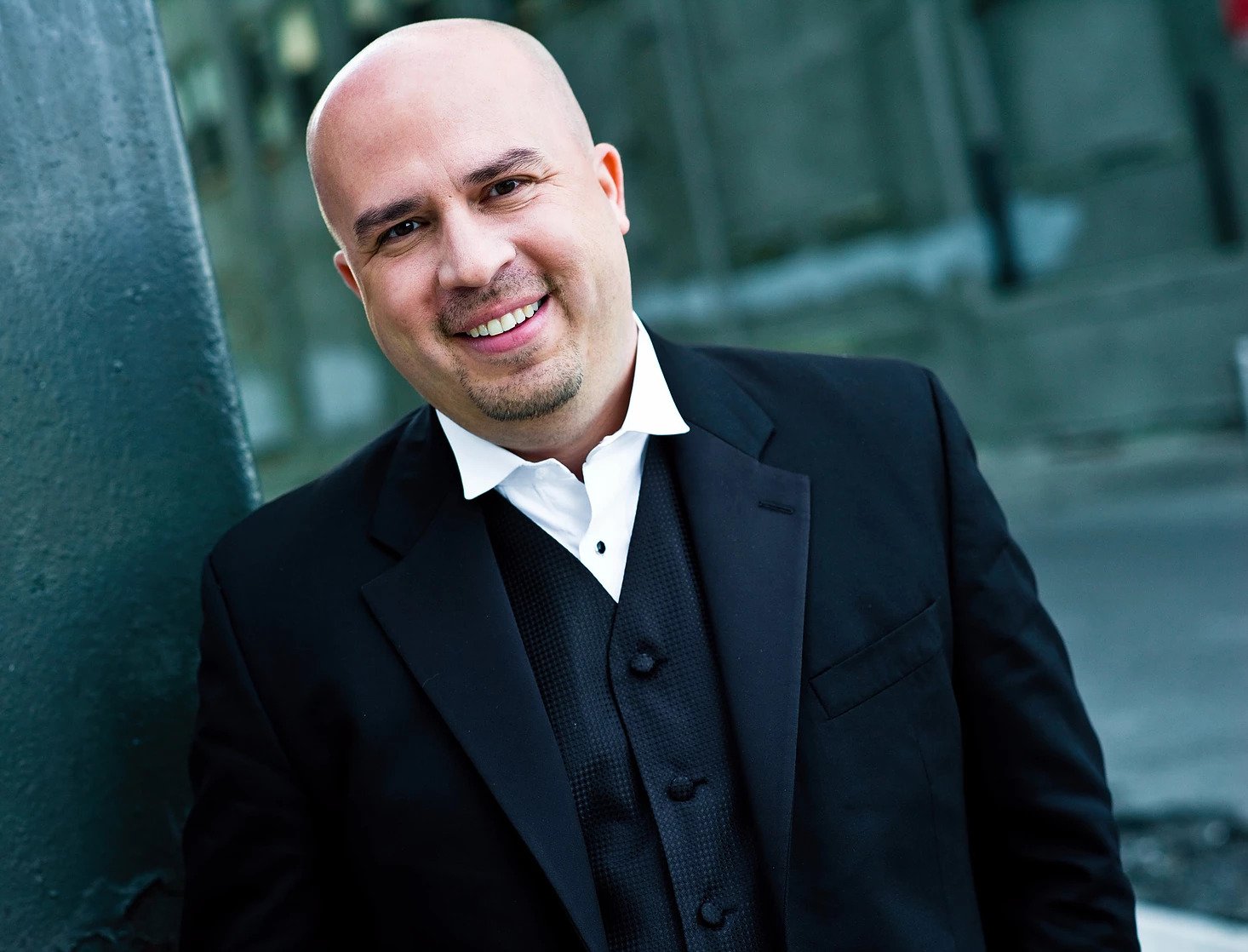
Talking with conductors: Joseph Mechavich
InterviewOur chat with American conductor Joseph Mechavich was a refreshing one. With a career steeped in opera, new and old, the maestro is a sympathetic ally to the singers he conducts. Mechavich, fresh off Florida Grand Opera’s production of Werther, looks ahead to a season of contrasts: classics like Carmen (Kentucky Opera) and The Barber of Seville (Minnesota Opera), next to new American works like Everest (Austin Opera) and Riders of the Purple Sage (Arizona Opera).
We chat with Mechavich about rehearsal psychology, and his very favourite opera.
When all is going well, what does it feel like to conduct an orchestra?
There is an efficiency in my gesture when the pit and stage are synergistic. It becomes easy. We just breathe together. When it is going well, it reminds me of my favourite compliment, which I received from a friend who came to see me conduct for the first time, “I watched you during the prelude but once the action started I forgot you were there.” It is not that the pit lays the soundtrack, but it is that everybody is committed to the drama on stage and to sharing that drama with the audience.
What do you think conductors and singers can learn from each other?
I have been around singers since my college days at Oberlin and am constantly in awe of these sublime athletes. A pianist gets to hide behind a piano, I get to hide behind a baton, but a singer’s instrument is their body. They are basically naked. I pride myself on being a singers conductor. It is my job to accompany and lead them as they tell the story. That means throwing cues, smiling at them, breathing with them, encouraging them, catching them if they fall, giving them whatever they need. Everybody else has music in front of them except the singers-actors. That being said, singer-actors must never forget about the pit. I tell singers when they sing an aria it is actually a duet with me, if they sing a duet it is a trio with me, etc. Neither of us can ever go it alone.

How do you approach a first rehearsal with a new ensemble?
The first rehearsal is a crucial time for a conductor. I may know how the piece will be shaped but I always admit to myself that I am not the smartest person in the room. I am not a master of the violin, or oboe, or for that matter the voice. So if you go into that rehearsal and trust that everybody is a master at their craft, the environment in the room can become a crucible of creativity.
What do you think makes for a good working relationship between a conductor and director?
It is essential that both the director and conductor celebrate the singer-actor and love the act of storytelling. The awesome feat of the singer producing their sound and getting that sound into the house should be respected. The directors I love working with are those that are constantly asking of themselves, the cast, the designers: what does the audience need to understand the story.

If you could sing any operatic role (and sing it well), which one would it be?
Pelléas and/or Mélisande…yes, both! It is my favorite opera!


Comments